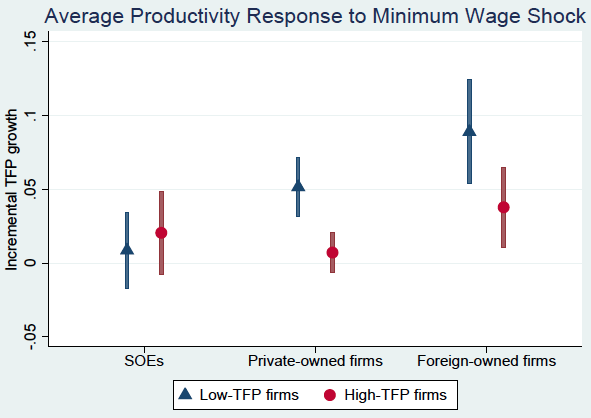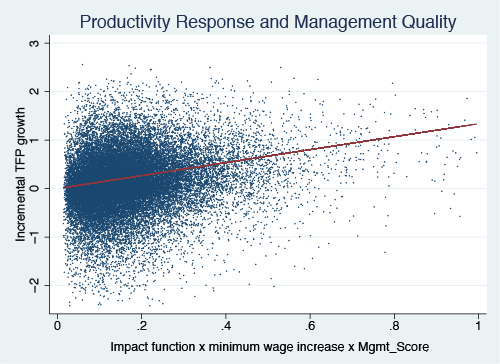“[M]aking the case for liberalism is a Sisyphean task,” writes Will Wilkinson at the Niskanen Center. “If the old truths are not updated for each new age, they will slip from our grasp and lose our allegiance. The terms in which those truths have been couched will become hollow, potted mottoes, will fail to galvanize, inspire, and move us. The old truths will remain truths, but they’ll be dismissed and neglected as mere dogma, noise. And the liberal, open society will again face a crisis of faith…Intellectual and moral infrastructure depreciates. There are ongoing costs of maintenance. You can’t successfully defend liberalism once and for all, just like you can’t install a sewage system and flush happily ever after without giving it another thought.” The fading of liberal ideas is captured in the recent work of political scientist Yascha Mounk, as reported last week in The New York Times.

“If we fail to constantly refurbish the case for and commitment to liberalism,” Wilkinson continues,
reinforcing it against the specific damage of the age, our institutions will drift toward generalized opportunistic corruption and declining popular legitimacy. Our culture will drift toward defensive avidity and mutual distrust. Our politics will drift toward primal zero-sum tribal conflict. All of which creates a fat political opening for would-be despots and ends-justifies-the-means zealots. Fascism and communism arose in liberal Europe because the liberal elites got complacent, nobody fixed the pipes, and then awful people with awful ideas rose to power promising to fix damage—and then caused massively more damage.
He concludes,
The fact that liberalism has become rote is central to our problem. Academic left-liberalism is doggedly utopian—and stale. Democratic Party liberalism is incoherent—and stale. Orthodox libertarianism is dogmatically blinkered—and stale. The “classical liberalism” of conservative-libertarian fusionism is phony—and stale. Each of our legacy liberalisms is, in its own way, corrupt. It’s all part of our pitted, pocked, cracked and creaking liberal cultural infrastructure. It doesn’t help to replace rotten wood with rotten wood, rusty pipe with rusty pipe…An effective defense of the open society must begin with an empirically-minded account of its complex inner workings and its surpassing value. Liberal political order is humanity’s greatest achievement. That may sound like hype, but it’s the cold, hard truth. The liberal state, and the global traffic of goods, people, and ideas that it has enabled has led to the greatest era of peace in history, to new horizons of practical knowledge, health, wealth, longevity, and equality, and massive decline in desperate poverty and needless suffering. It’s clearer than ever that the multicultural, liberal-democratic, capitalist welfare state is far-and-away the best humanity has ever done. But people don’t know this! We are dangerously oblivious to the nature of our freedom and good fortune, and seem poised to snatch defeat from the jaws of victory.
I can only hope that some of my posts here at Difficult Run have contributed to this project of making liberalism great again.


